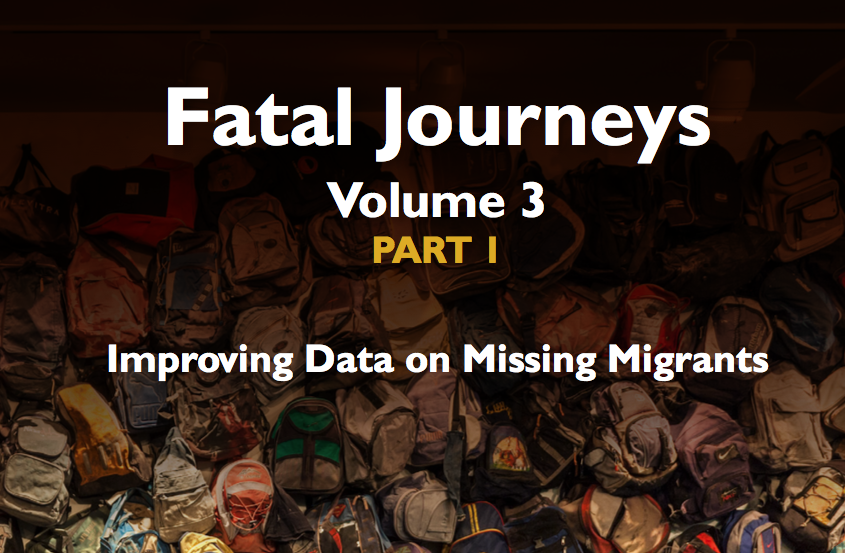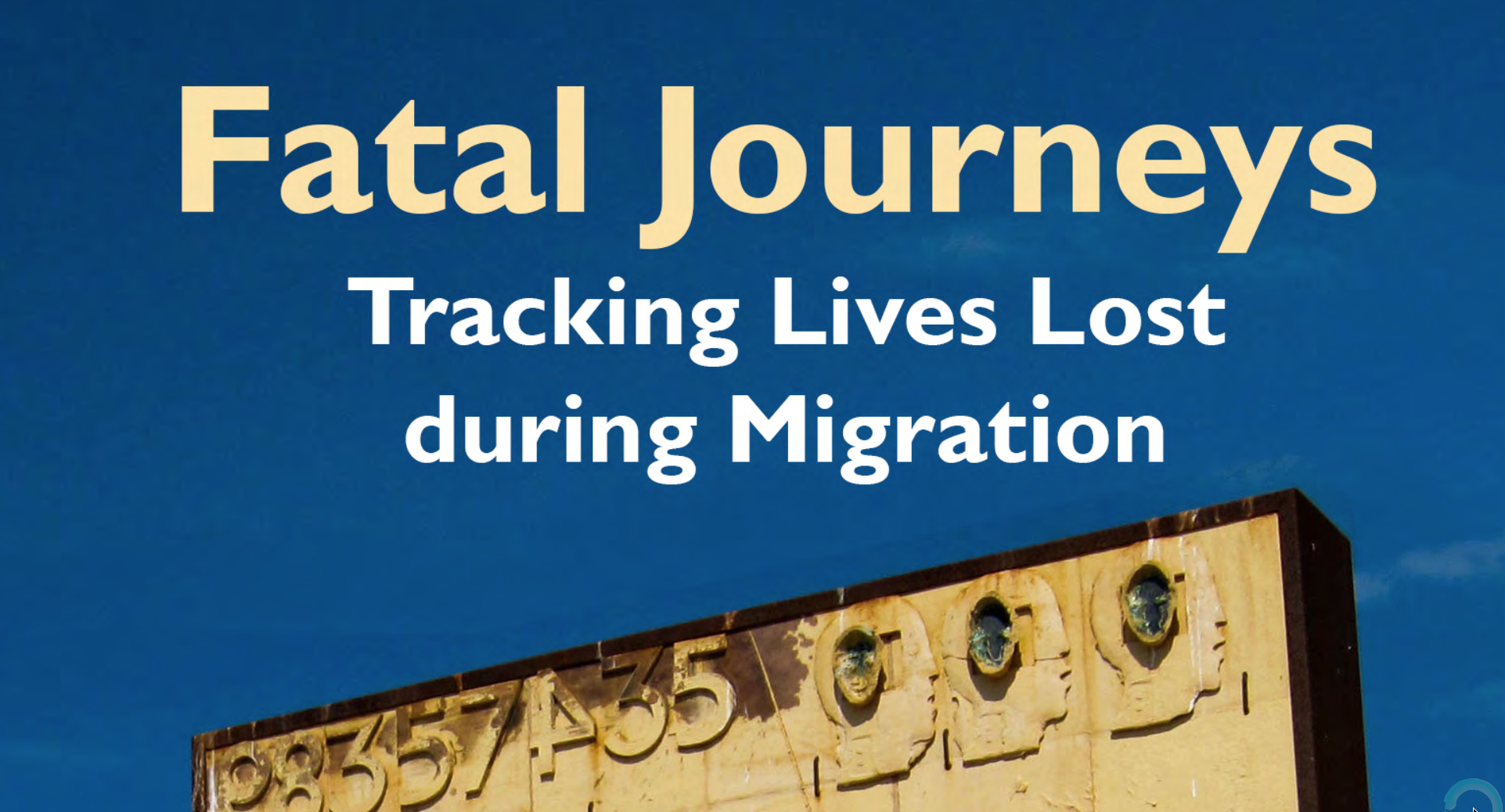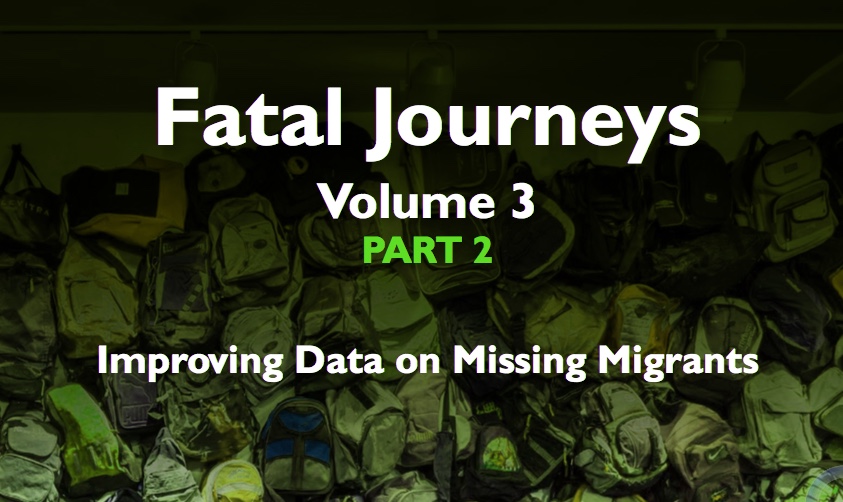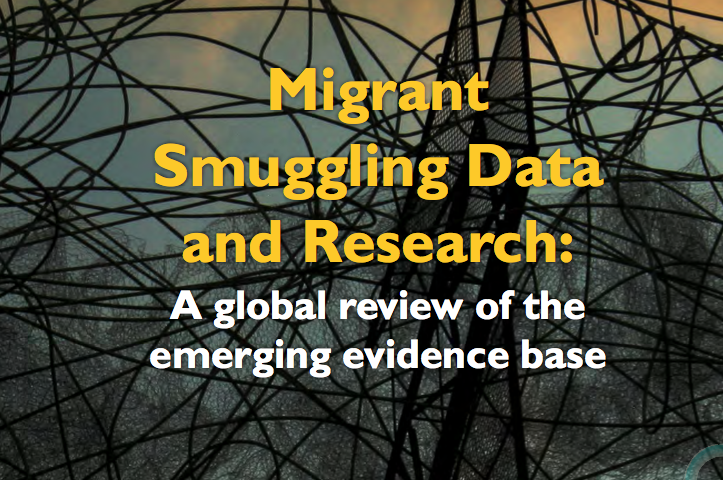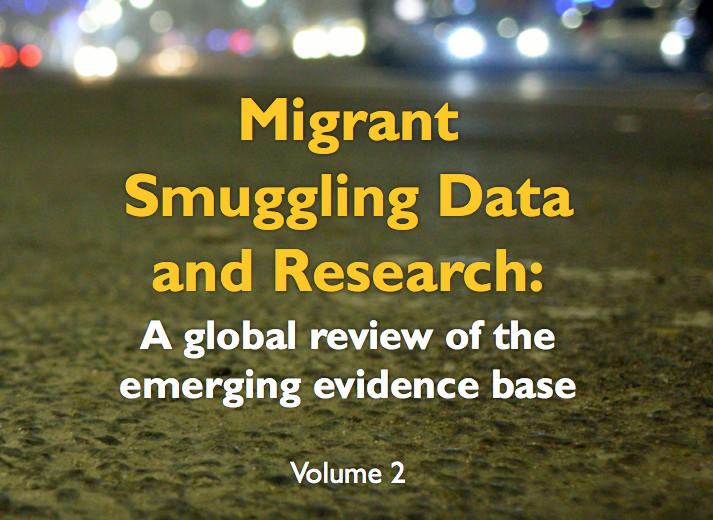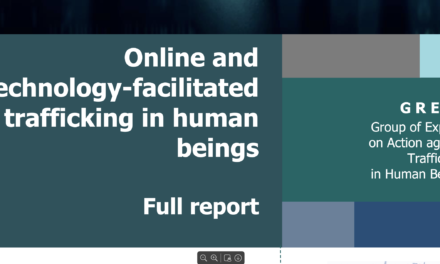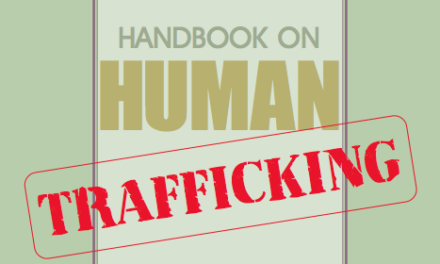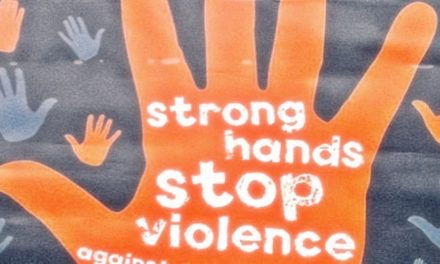https://publications.iom.int/fr/books/fatal-journeys-volume-3-part-1-improving-data-missing-migrants
Since 2014, more than 22,500 migrant deaths and disappearances have been recorded by the International Organization for Migration globally. The real figure could be much higher, but many deaths are never recorded. Fatal Journeys Volume 3 – Part 1 provides a global review of existing data sources, and illustrates the need for improvements in the ways that data on missing migrants are collected, analysed and communicated.
The report highlights three key ways in which to improve the collection, sharing and reporting of data on missing migrants. First, a growing number of innovative sources of data on missing migrants, such as “big data”, could be used to improve data on migrant fatalities. Second, much more could be done to gather data to increase identification rates, such as developing intraregional mechanisms to share data more effectively. Third, improving data on missing migrants also requires more thought and improved practice in the use and communication of such data. Improving information and reporting on who these missing migrants are, where they come from, and above all, when they are most at risk, is crucial to building a holistic response to reduce the number of migrant deaths.
- Foreword
- Acknowledgements
- List of tables and figures
- List of maps and text boxes
- Executive summary
- Introduction
- Chapter 1 — Global overview of the available data on migrant deaths and disappearances by Julia Black, Kate Dearden, Ann Singleton and Frank Laczko
- 1.1. Introduction
- 1.2. Regional analyses
- 1.3. Who is most at risk
- 1.4. Conclusion and recommendations
- Chapter 2 — Using big data to study rescue patterns in the Mediterranean by Katherine Hoffmann, Jeremy Boy, James Leon-Dufour, Duncan Breen, Christopher Earney and Miguel Luengo-Oroz
- 2.1. Introduction
- 2.2. Discussion of best practices: New data sources
- 2.3. Data use cases
- 2.4. Methodological challenges
- 2.5. Conclusion and recommendations
- Chapter 3 — Mixed messages: Media coverage of migration and fatalities by Aidan White and Ann Singleton
- 3.1. Introduction
- 3.2. Ethics and reporting realities
- 3.3. Missing links and media narratives
- 3.4. In the picture: Humanity or the people’s right to know
- 3.5. How victims figure in the minds of media
- 3.6. Developing good practices and monitoring media
- 3.7. Conclusion and recommendations
- Chapter 4 — Migrant bodies in Europe: Routes to identifying the dead and addressing the needs of the families of the missing by Simon Robins
- 4.1. Introduction
- 4.2. Impacts on families of missing migrants
- 4.3. Policy responses in Italy and Greece
- 4.4. Conclusion and recommendations
- Chapter 5 — Identifying dead migrants, examples from the United States–Mexico border by Robin Reineke and Chelsea Halstead
- 5.1. Introduction
- 5.2. History of the crisis and state of the data
- 5.3. Forensic human identification along the United States–Mexico border: Problems and challenges
- 5.4. Forensic human identification along the United States–Mexico border: Current practices
- 5.5. Non-governmental efforts to assist medical examiners and families of the missing
- 5.6. A family-centred approach: The Colibrí Center for Human Rights
- 5.7. Conclusion and recommendations
- Chapter 6 — The Border Project: Towards a regional forensic mechanism for the identification of missing migrants by Mercedes Doretti, Carmen Osorno Solís and Rachel Daniell
- 6.1. Introduction
- 6.2. The Border Project
- 6.3. Challenges
- 6.4. Conclusion and recommendations

